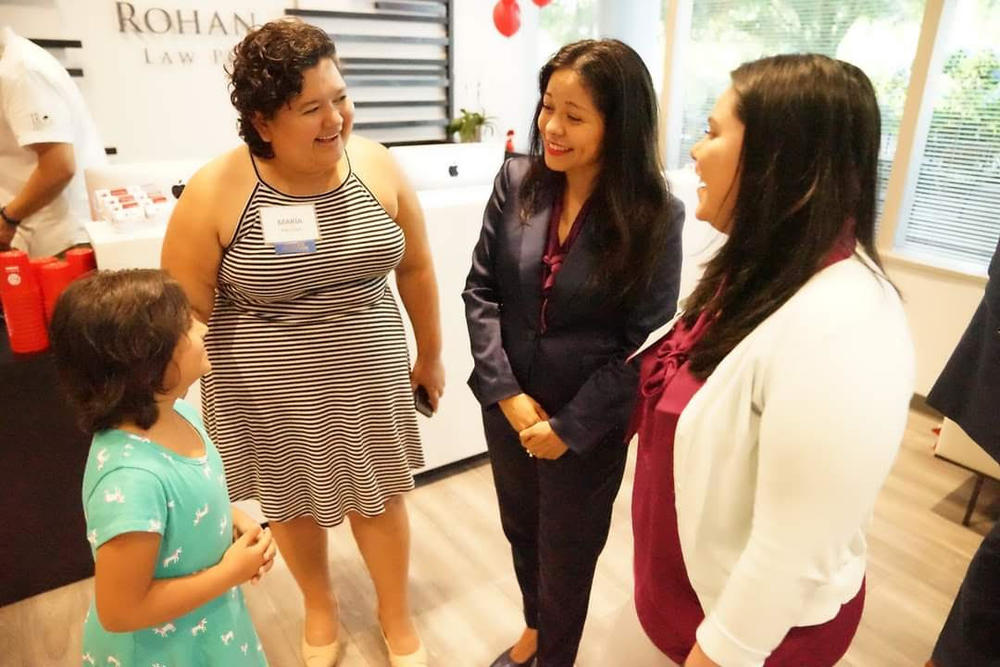
Caption
During a community event held at Atlanta’s Rohan Law, former state Rep. Brenda Lopez Romero encouraged more Latinas to get involved in politics and law. She is a senior assistant district attorney in Gwinnett County and served in the Legislature from 2017-2020.
Credit: Photo courtesy of Brenda Lopez Romero

